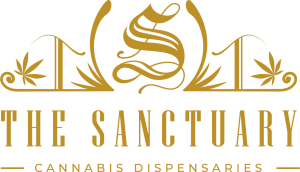
What is CBD?
Cannabidiol (CBD) is a naturally occurring compound found in the resinous flower of cannabis, a plant with a rich history as a medicine going back thousands of years. Today the therapeutic properties of CBD are being tested and confirmed by scientists and doctors around the world.
CBD is closely related to another important medicinally active phytocannabinoid: tetrahydrocannabinol (THC), the compound that causes the high that cannabis is famous for. These are the two components of cannabis that have been most studied by scientists.
Both CBD and THC have significant therapeutic attributes. But unlike THC, CBD does not make a person feel “stoned” or intoxicated. That’s because CBD and THC act in different ways on different receptors in the brain and body.
CBD is therapeutically potent and non-intoxicating. It is also easy to consume as a CBD oil, makes it an appealing treatment option for those who are cautious about trying cannabis for the first time.
Different types of CBD
CBD is available in several different forms. This allows people to tailor their method of use to their specific need. Most common forms include:
- Oils/Tinctures
- Pills/Capsules
- Vapes (including dabs and wax concentrates)
- Topical creams
- Edibles.
How much should I take?
Because CBD has no psychoactive effects, the matter of achieving an appropriate dose is not as crucial as THC. However, with anything it is best to start with a low dosage and increasing your dose as you see fit. There may also be variations in actual CBD content between products.
Similar to THC edibles, 15mg is considered a good dose to ingest to achieve the optimal medical benefits. Other products such as topicals will label the recommended amount to alleviate pain.





